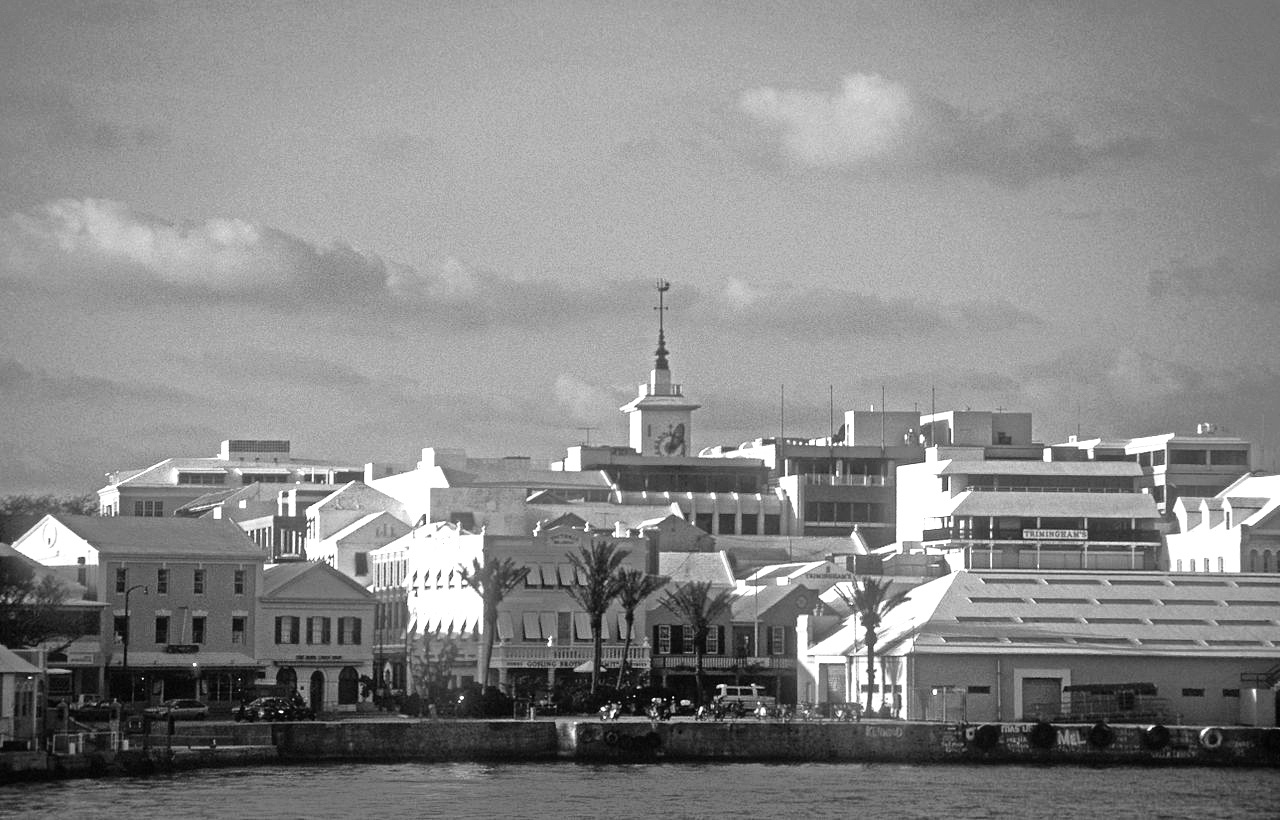The British parliamentary committee report that recommended British citizens should be allowed to gain citizenship, vote and run for office in Bermuda has been rejected unanimously by members on both sides of its House of Assembly.
Bermuda’s Premier David Burt moved a motion in the House of Assembly on March 22 to reject the report from the House of Commons which he described as an unwarranted and unjustified attempt at intervention into Bermuda’s domestic affairs. The motion called on the UK government to reject the report and its recommendations with respect to Bermuda and the Overseas Territories.
The Premier voiced the ruling party’s concerns that the report’s recommendations, if adopted, would err on the wrong side of a balance that must be struck between the Overseas Territories and the UK. He went on to say that, beyond voting in Bermuda’s election, to suggest that people with “an undefined, unregulated and tenuous connection to the community will have the ability to stand for elected office is among one of the most tone-deaf recommendations emanating from the United Kingdom House of Commons”.
He felt the motion was needed to signal the political unity of Bermuda on the issue.
Opposition leader, Craig Cannonier, also spoke on the motion but felt more urgent issues, such as the EU’s recent decision to blacklist Bermuda over its tax regime, should take priority. He downplayed the authority of the report to make actual changes to the laws of the territory.
Other members of the government’s ruling party addressed concerns that if Bermuda were to extend the vote to British citizens, the newly-minted group would form their own political party and dismantle immigration control. Historic universal suffrage injustices in Bermuda were mentioned in some detail.
Zane DeSilva, the transport and tourism minister disagreed with the Opposition’s contention that the debate was not needed at present as he saw it as a signal to let the UK government know that Bermuda would defend the voting rights of its people vigorously.




